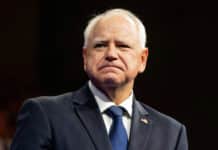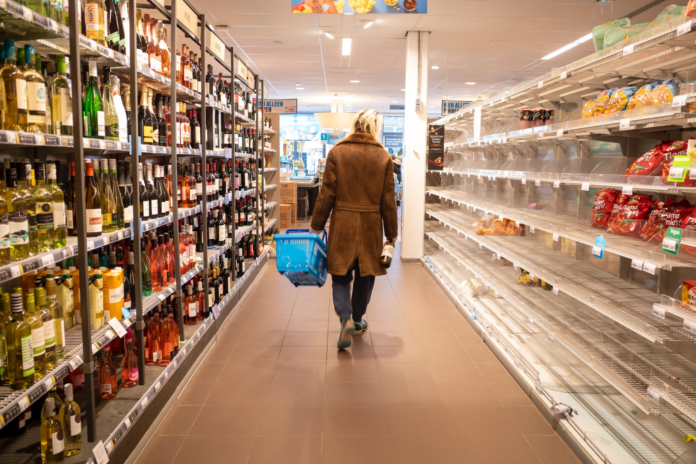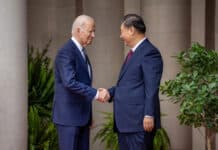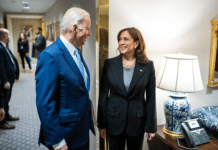(Daily Caller News Foundation) — High inflation will last well into 2022, economists say, indicating that supply chain bottlenecks will keep increasing prices and curbing production.
Experts expect to see average inflation of 5.25% in December, slightly down from the current maximum predicted 5.4% figure, according to The Wall Street Journal. If inflation stays around its current level, Americans will experience the longest period during which inflation has stayed above 5% since 1991.
“It’s a perfect storm: supply-chain bottlenecks, tight labor markets, ultra-easy monetary and fiscal policies,” Michael Moran, Daiwa Capital Markets America’s chief economist, told the WSJ.
Economists believe that consumer price inflation will drop to 3.4% by June 2022 and 2.6% by the end of 2022, according to the WSJ. These figures remain 1.8% above the inflation level seen before the COVID-19 pandemic.
Experts also cut growth forecasts for 2021 from 7% during a July survey to 3.1% in the third quarter, according to the WSJ. Fourth-quarter growth predictions were also lowered from 5.4% to 4.8%.
“Consumer spending, and by extension GDP growth, is being limited by high rates of inflation eroding the real purchasing power of consumers,” Michael Brown, Visa’s principal U.S. economist, told the WSJ.
Roughly half of the economists surveyed by the WSJ believe supply chain bottlenecks pose the greatest threat to economic growth in the next 12 to 18 months, while nearly 20% of experts highlighted labor shortages as such.
Economists also lowered their concerns of the coronavirus’ impact on economic growth, according to the WSJ. Only 8.2% of experts surveyed believe that the pandemic will stunt growth.
“Fundamentally, it’s Covid and people’s reaction to it that’s leading to labor shortages and supply-chain bottlenecks, which in turn is feeding into higher inflation,” Leo Feler, senior economist at UCLA Anderson Forecast, told the WSJ.















